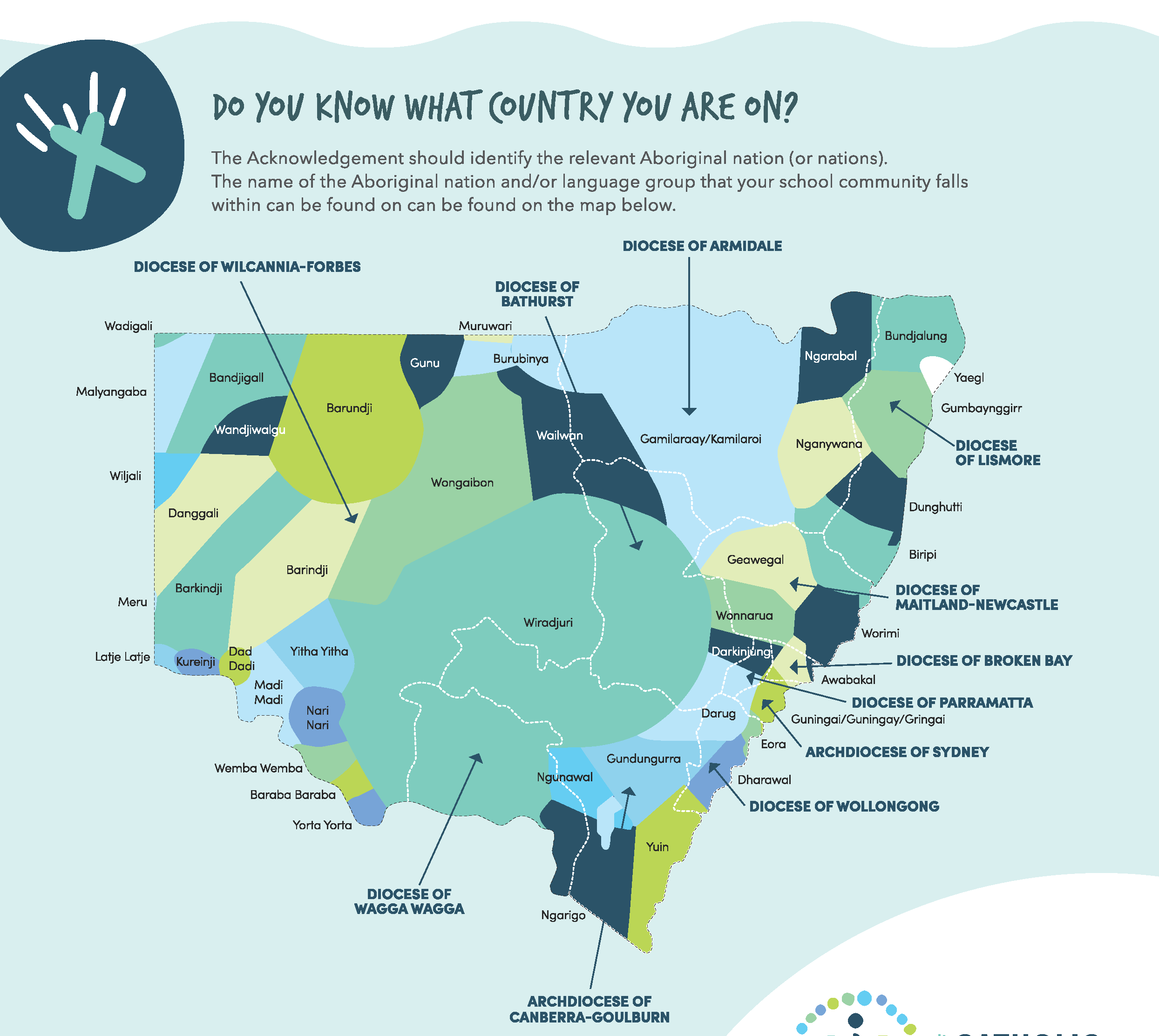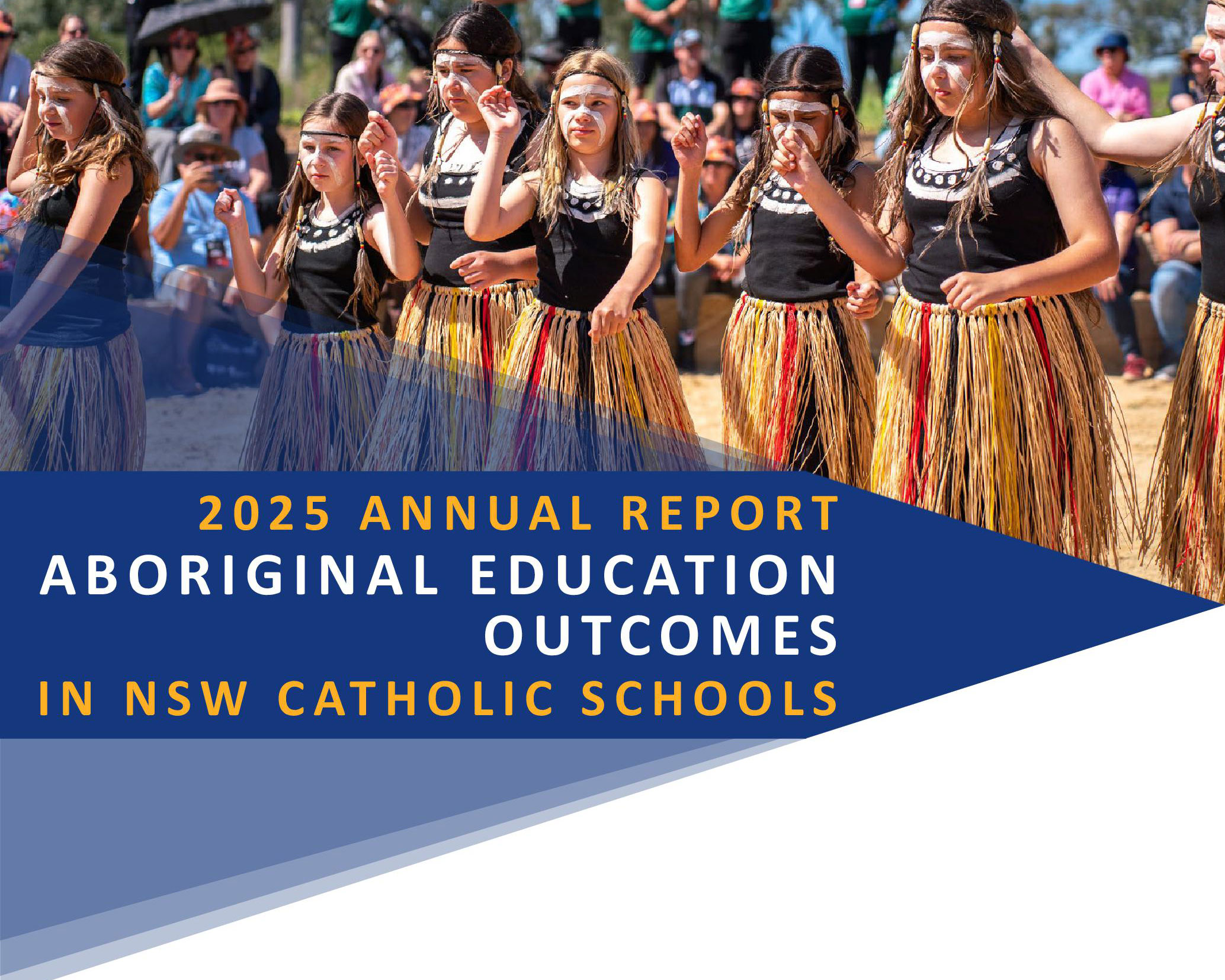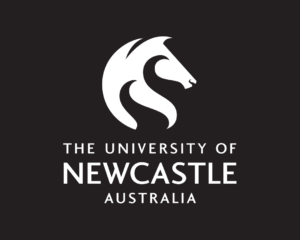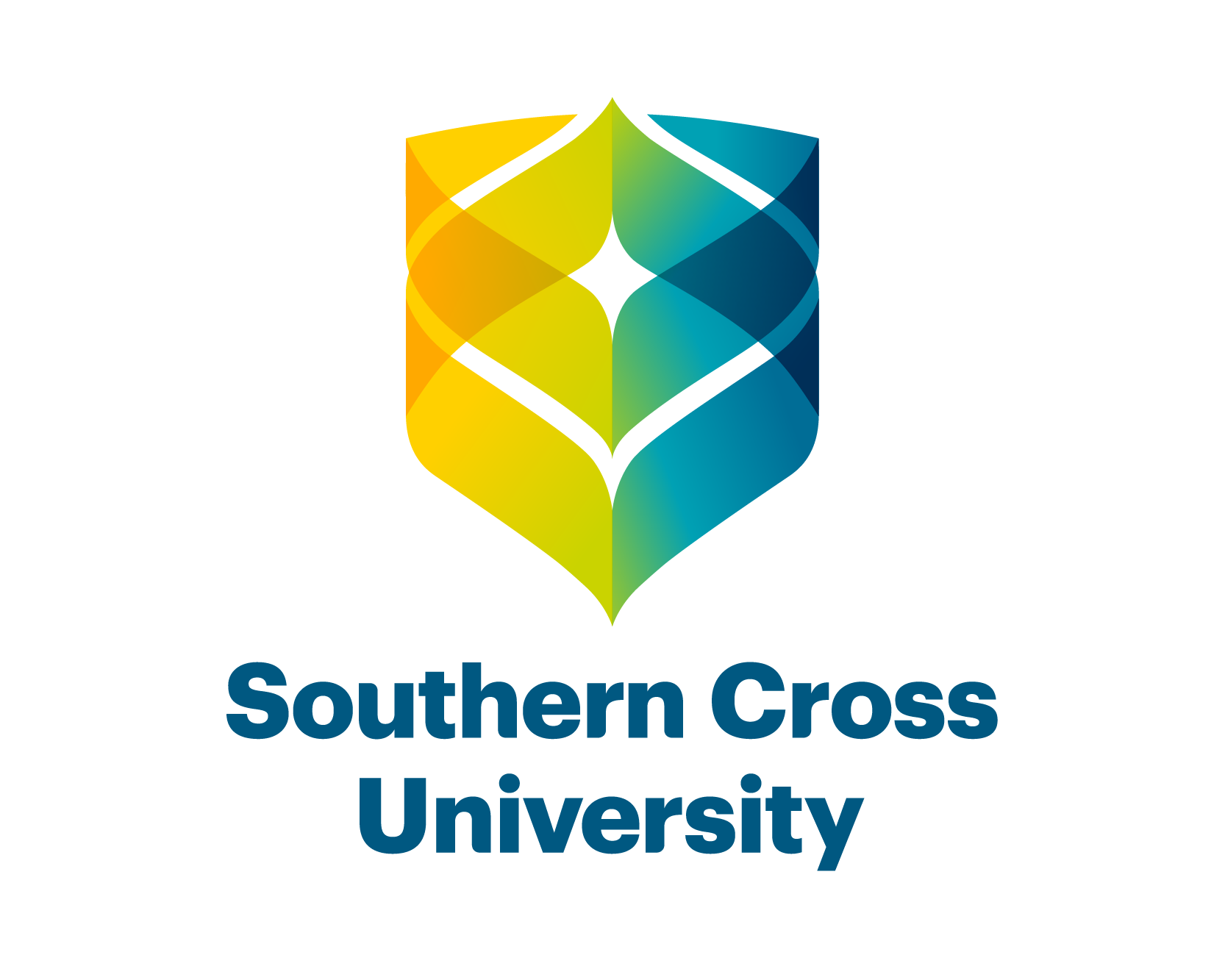
 Contact Us
Contact Us


The Aboriginal and Torres Strait Islander Parent Committee was established in December 2004 and had its first meeting in March 2005. It is is a standing subcommittee of the Council of Catholic School Parents. This state level committee meets once a term to discuss issues of importance for Aboriginal and Torres Strait Islander parents and carers with almost 11,000 children in Catholic schools, and seeks to give a voice to their interests in state and national level decision-making affecting Catholic schools.




Membership of the committee is for a two-year term. Members come from each of the eleven Catholic dioceses (regions) across NSW/ACT and the group of Catholic congregational schools. Parent representatives are supported by an executive officer employed by their diocese.
This unique group aims to build home, school and community partnerships by providing valuable information, advocating for Aboriginal and Torres Strait Islander families, and developing resources to help parents and schools.
The Committee provides support to schools, diocesan parent associations and diocesan Catholic education offices through the provision of information, professional learning opportunities and advice to build and sustain effective home, school and community partnerships.
The Committee also supports the development of Aboriginal and Torres Strait Islander parent and carer leaders, and creates resources for families and schools to support Aboriginal students.
The Committee develops resources for families and schools to support Aboriginal children, which can be used in enrolment packages, displayed in front offices, used in staff professional learning sessions, and provided to other community organisations.
Click here to download the Acknowledgement of Country
Ngarra-y buwabiila, Ngarra-y uwi
Ngaya gubwiinba-li biruu ngadaa yawa-li
Biruu waya nginunda yana-y
‘Looking forward, looking back, I've come a long way down the track
Got a long way left to go, making songs from what I know’
– Jason Allan
Chair, Aboriginal and Torres Strait Islander Committee








Note that the spelling of Traditional Names within Nations may vary, and First Nations lands, people and languages named may not be accurate.